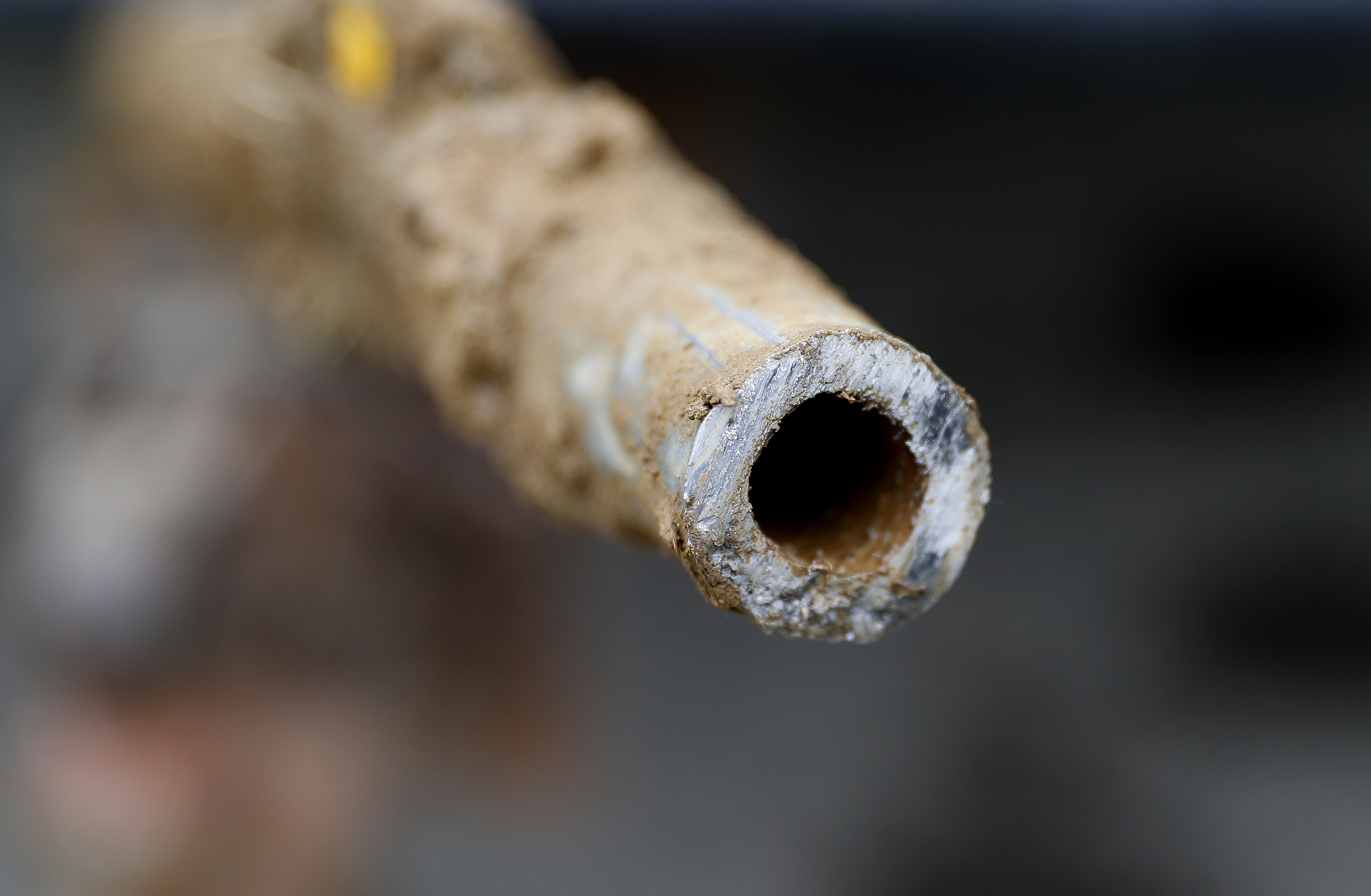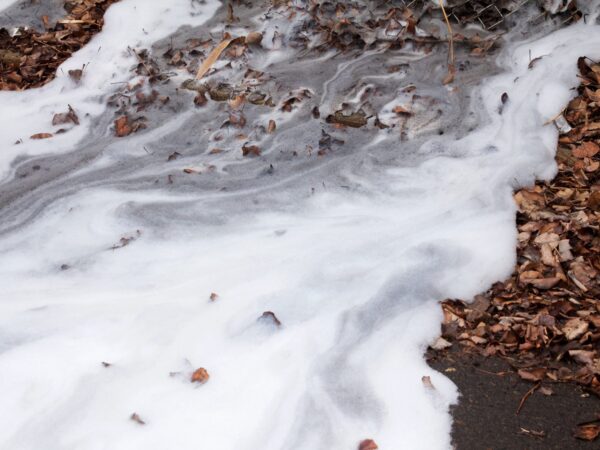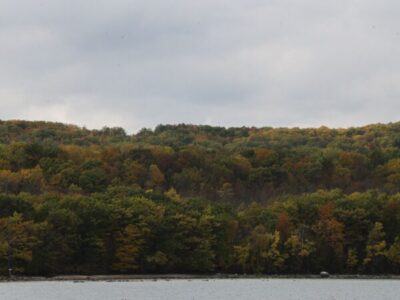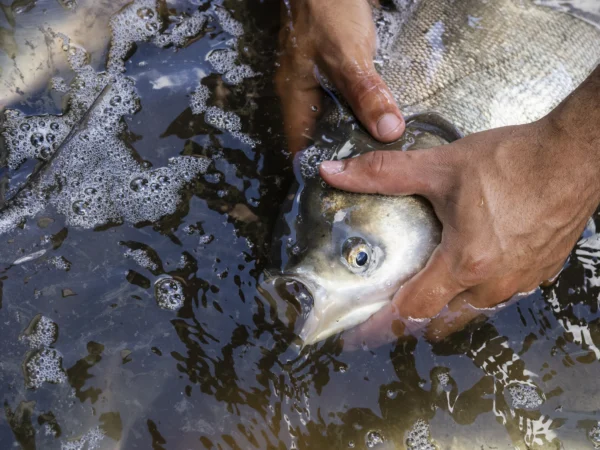
From lead pipes to PFAS, drinking water contamination is a major issue plaguing cities and towns all around the Great Lakes. Cleaning up contaminants and providing safe water to everyone is an ongoing public health struggle.
Keep up with drinking water-related developments in the Great Lakes area.
Click on the headline to read the full story:
Illinois:
- People of Color in Illinois More Likely to Live in Communities with Lead Pipes – WBEZ.org Chicago NPR
Research has long shown that pollution often disproportionately affects low income — especially Black and brown — communities. A recent study of lead water lines in Illinois found that 65 percent of the Black and Latinx population of Illinois lives in communities with 95 percent of all the lead pipes.”
Indiana:
- If Other States Have Safely Closed Coal Ash Ponds, So Can Indiana – Indiana Public Media
Indiana lags behind other states when it comes to closing toxic coal ash ponds safely, according to a new report by the Hoosier Environmental Council. Exposure to coal ash can cause cancer, damage to the nervous system, and other health problems. Instead of removing coal ash deposits, some Indiana utilities plan to cap them in place without a protective liner.
Building a cap over the top of the coal ash pond prevents precipitation from soaking downward into the ash, but if the bottom of the ash is unlined and deep enough, the groundwater still comes into contact with coal ash, causing contamination of drinking water.
Michigan:
The city of Flint, Michigan has joined a $600-million Flint water crisis settlement that the state of Michigan announced in August, bringing the total value of the settlement in the lead poisoning case to $641 million.
However, attorneys could seek up to a third of the settlement in legal fees and costs. The amount has still not been disclosed, meaning it still is not publicly known how much would be distributed to Flint residents who were impacted by lead poisoning.
Minnesota:
- Oil Pipeline a Step Closer to Approval in Minnesota – Courthouse News
The controversial Enbridge Line 3 oil pipeline is advancing in Minnesota after the Minnesota Pollution Control Agency approved water quality and wetland permits for the project Thursday afternoon.
The proposed pipeline has faced substantial opposition from environmental groups and Minnesota’s Native American tribes. Both fear pipeline leaks will contaminate drinking water and argue that creating more fossil-fuel infrastructure runs contrary to the goal of fighting climate change.
Ontario:
- Left Behind in Neskantaga, a Nation Waits for Clean Water – The Globe and Mail
It’s been weeks since a First Nation in Northern Ontario evacuated all but a few people due to contaminated water, and the repair job is racing against time so residents can come home before winter sets in.
Test results confirmed that the substance was mineral oil, a hydrocarbon used in water pumps.
Wisconsin:
- Wisconsin Health Officials Recommend Groundwater Caps for 22 Contaminants – Wisconsin State Journal
State health officials are recommending new groundwater quality standards for 22 contaminants that they say will ensure safe drinking water for Wisconsin residents.
The Department of Health Services forwarded the recommendations to the Department of Natural Resources, which will begin a roughly 2½-year process of crafting rules to regulate facilities, practices and activities that would affect groundwater.
Read more drinking water news on Great Lakes Now:
Who in the U.S. Is in ‘Plumbing Poverty’? Mostly Urban Residents, Study Says
What Has the Trump Administration Meant for Water?
Drinking Water News Roundup: Illinois COVID-19 shutoff protections, Ontario First Nation evacuation
Explainer: Who regulates U.S. drinking water, and how?
Policy Expert Q&A: Keep advocating with elected officials for safe drinking water
Featured image: In this July 20, 2018, file photo, a lead pipe is shown after being replaced by a copper water supply line to a home in Flint, Mich. (AP Photo/Paul Sancya, File)




